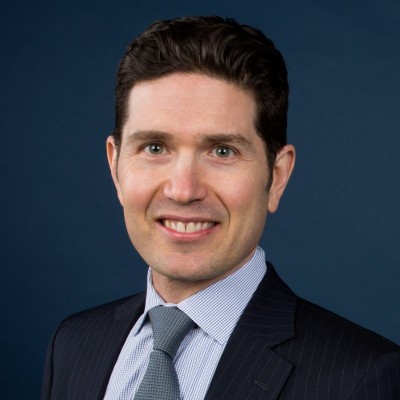A leading innovator in the insurance space is a B Corporation called Lemonade. This startup insurer builds its business on a give-back system that allows customers to select nonprofits that receive any unused premiums.
Lemonade Cofounder and CEO Daniel Schreiber says donating that money rather than keeping it as profit has produced more than $1 million in donations in 2020 (and over $2.3 million in 2021). It’s a practice that he says goes against the industry’s traditional relationship with customers.
“I don’t think about what we’re doing as being charitable in the traditional sense of the word,” he says. “We do give money to charity, we do partner with charities, and in so doing, we are solving an absolute business challenge, which is that insurance companies are deeply distrusted.”
Lemonade has built trust with customers looking for a new way to insure their homes and lives. Schreiber says Lemonade’s intention to do insurance differently gets at the conflict inherent in the product.
“There is an asymmetry of power: You’ve given me the money; I have it. You feel disadvantaged because it’s not a level playing field. I’ve been collecting your premiums for the last ten years, and now you’re trying to get them out. There is an asymmetry of information: You don’t really know what the policy says; I do,” he says. “That’s what we were contending with in founding Lemonade: How do you create a trusting and trustworthy brand in a domain where the business fundamentals are designed for conflict of interest?”
While launching Lemonade, Schreiber talked with a Nobel Laureate in game theory and another with a Nobel Prize in behavioral economics. “We ultimately concluded that the problem isn’t with the players; it’s with the game. There’s something structural about insurance that produces these predictable results,” he says. “The fundamental problem is I make money by denying your claim. So I have a fundamental interest in you not being paid. I’m simplifying things, but it’s a zero-sum game: One of us is going to be $1,000 richer, one of us is going to be $1,000 poorer, and so long as that’s the case, there’s a problem.”
Schreiber says incorporating a new component — the Giveback program — serves as a game-changer. “By adding a nonprofit to the room, we change the very fundamentals of the dynamics and other incentives. We tell you upfront that our profit is not going to depend on how many claims we pay,” he says. “If there’s money left over, it will go to a charity of your choice. That changes my incentive because I don’t make money by denying your claim.”
Like Burnham Benefits, Lemonade shows that it’s possible to incorporate a stakeholder-minded and profitable way of doing business in a traditional industry and find a receptive and appreciative customer audience. “I think people should work hard at creating that kind of win-win,” Schreiber says. “It’s good to be able to build a business model where the act of giving something to the wider community isn’t at the expense of your shareholders.”




































